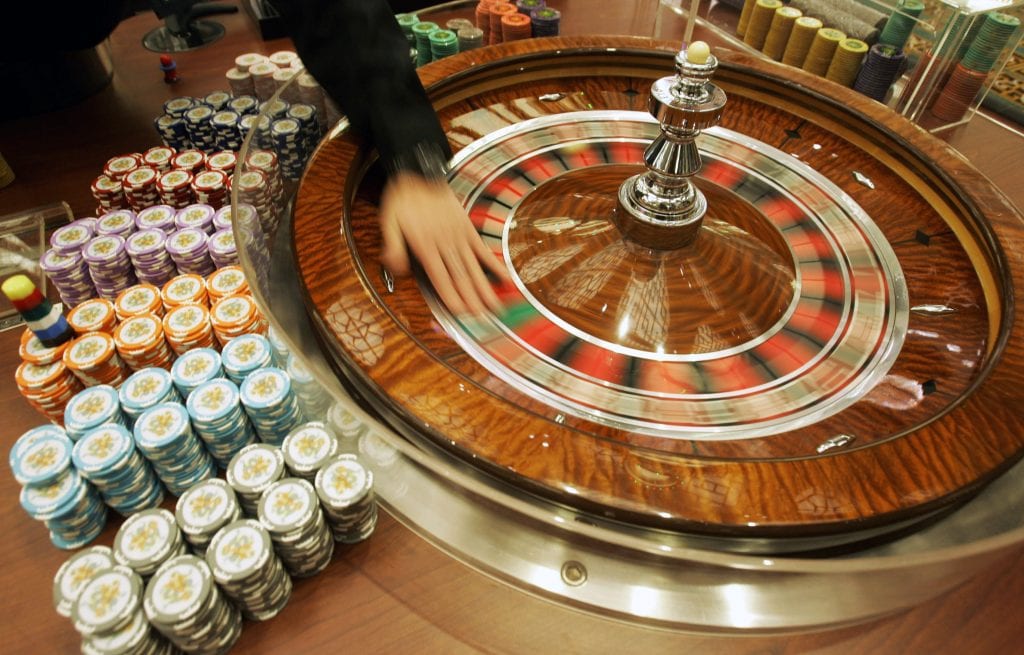
The POGO (Philippines Offshore Gaming Operations) have been in quite a lot of trouble in their respective country in the last few years. There has been an insurmountable amount of pressure from the local government to somehow reduce their business power in the long term, by either planning crippling regulation updates or simply implying that they will support the industry.
This was the case when the country’s president Rodrigo Duterte announced not too long ago that there are no plans to classify POGO as illegal business methods in the country, but the recent police raid on Cebu is a direct contradiction to that announcement.
On the 7th of September, the Philippines police raided Cebu operations of Xing Huang Jin Cheng Co in the capital.
According to the reports from the Philippine National Police-Criminal Investigation and Detection Group-Central Visayas, they arrested as many as 181 Chinese nationals that were legally employed in the company, alongside several locals, South Korean and Thai citizens.
The number of employees arrested was so large that they had to be transported in a nearby gym to “keep them under control”.
The charges being pressed against Cebu are based on suspicion of them lacking a license to conduct offshore gambling operations from the Philippines, but the lawyers of the company have something very different to say.
According to Jeff David, the lawyer representative of Cebu, the government is challenging the company for missing a POGO license but does not consider the fact that the BPO (business processing outsourcing) license is present.
Furthermore, David mentions that the company has all of the legal documentation well undercover for their operations in offshore jurisdictions and that this is nothing but a hit against the company for not complying with the local police’s corrupt ways.
Furthermore, David mentions the inhumane treatment of Chinese employees and the exploitation by the police of their severe lack of the English language. According to David, these employees had very little to defend themselves against the accusations or the demands that the police were making the moment they broke into the building.
This could be plausible as Chinese nationals comprise a large majority of gaming companies based in South-East Asia or Oceania, and there have been recorded cases of local police keeping a much closer eye on these individuals specifically.
In fact, according to Kathy Pena, an HR representative from Playamo AU, this is also the case in some Australian live casinos that offer blackjack and roulette games:
“Our company mostly focuses on offshore jurisdictions as the primary source of customers. Therefore we have to have a large staff of people who understand these languages, or know how to structure our platform to better suit these audiences.
Furthermore, we tend to employ Chinese nationals and bring them over to Australia with a working visa and no strings attached. We give them a stable job and it’s up to them to find a place to live here.
We’ve had several altercations so to say with the local police, who more or less wanted to know why there were so many Chinese nationals working in an Australian company.
The answer is quite simple. Once we find it hard to find skilled labor locally, we broaden our perspective to nearby jurisdictions, and so far, Chinese nationals have met our criteria to an A+.
I fully understand the situation Cebu representatives may be in right now, as we’ve experienced a similar issue multiple times, but not at that scale and not so extreme. Hopefully, it all works out well for everybody involved.”
It is likely that Cebu lawyers will start an investigation on whether or not this raid was warranted, and if it was nothing but a political move gains POGO companies in the Philippines.
Both the lawyers and the company owners understand the aversion that the government has towards them, as gaming isn’t necessarily the most moral of businesses. But as long as the law allows it, there is absolutely no leverage the police can have against these individuals.
Should the investigation prove that Cebu had both a POGO and a BPO license, the company would have some leverage over the government to compensate for inflicted damage. But should there be actual evidence of the license missing, multiple executives could find themselves in the Philippines jail or paying a humongous fine.